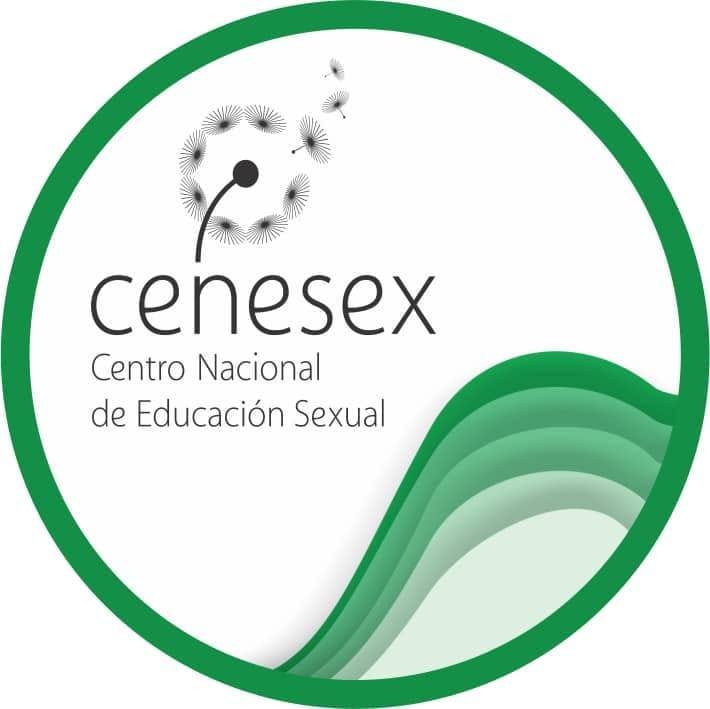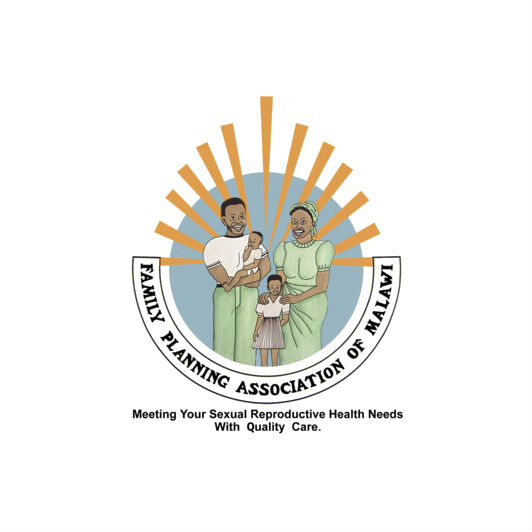

| 19 January 2024
Centro Nacional de Educación Sexual (CENESEX) - Cuba
The National Center for Sex Education (CENESEX) is a teaching, research and assistance institution in the area of sexualities. CENESEX was founded on December 28, 1988, when the first resolution on the creation of the institution was issued. Later, other legal norms have specified its social purpose. It was created as an institution of the Ministry of Public Health (MINSAP), but it is the result of the institutionalization process of a previous experience, that of the National Working Group on Sex Education (GNTES), which was created in 1972 at the initiative of Vilma Espín as president of the Federation of Cuban Women (FMC), and whose main objective was to develop and monitor the implementation of the National Sex Education Program. Open to scientific research, exchange of experiences and dialogue of knowledge, CENESEX has professionals of recognized prestige from different scientific disciplines that address, with a comprehensive approach, the study of sexualities. Twitter Instagram

| 31 March 2016
Family Planning Association of Malawi
When it was founded in 1999, the Family Planning Association of Malawi (FPAM) focused on providing family planning services. As the organization has evolved, it has both refined and expanded its operation. Today, FPAM targets young people primarily, and reaches out to under-served rural communities. As a result, it operates 64 service points, including 53 mobile sexual and reproductive health (SRH) facilities and 4 static clinics. Its community-based distributor/services (CBDs/CBSs) profile is also very strong with 65 additional delivery points. As ever with IPPF Member Associations, the mix of outlets and approaches is very much led by the particular demographic and geographic needs of the country. FPAM also provides youth-friendly SRH information, education and behaviour change communication materials to young people at 4 youth centres, and through schools. Peer educators use group discussions, theatre performances, publications and audio-visual materials produced by community reproductive health promoters to pass on the message about good SRH practice and access to resources. The distribution of contraceptives, pregnancy testing, the diagnosis and treatment of sexually transmitted infections (STIs) and voluntary counselling and testing (VCT) for HIV are core to FPAM’s clinic activity. For its successful operation, the organization depends on a team of 46 full-time staff and over 600 volunteers. Over the years, FPAM has forged partnerships with health, family and youth departments in government, to advocate forward-thinking national SRH policies. It works with a variety of non-governmental organisations (NGOs) including the Malawi Girl Guides Association and Banja La Mtsogolo. Financing support comes from UNFPA, IPPF’s Japan Trust Fund, the Japanese Organization for International Cooperation in Family Planning (JOICFP), UNICEF, National AIDS Commission, GTZ, and Youth Incentives. FPAM also networks with other SRH-focused groups, particularly in the fields of HIV and AIDS and youth issues.







